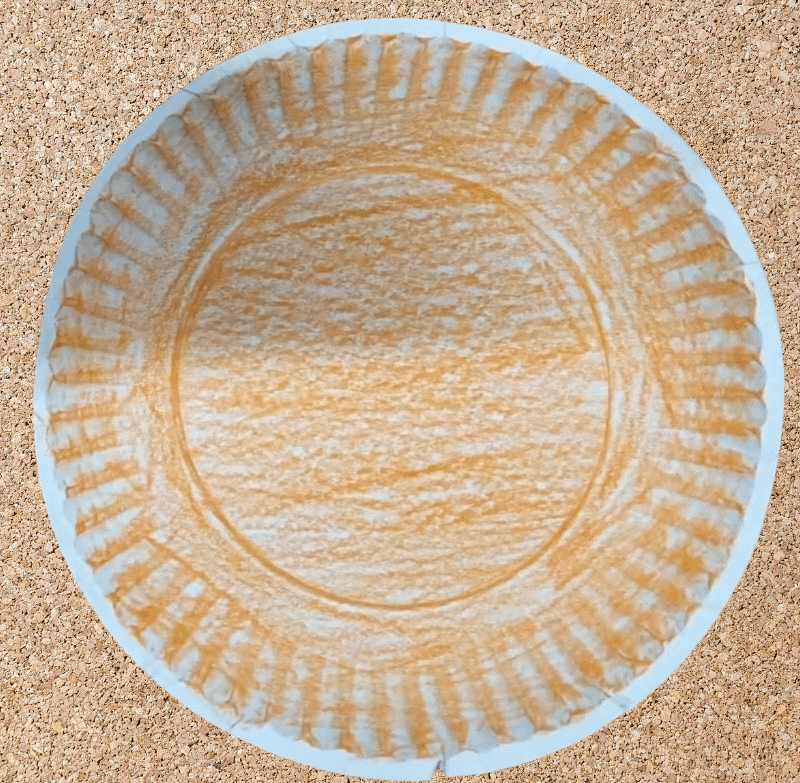The following is Excerpted from “Honest Labour,” a collection of essays from The Woodworker magazine while the legendary Charles H. Hayward was editor (1936-1966). This book is be the fifth and final volume in our series from The Woodworker....

The following is Excerpted from “Honest Labour,” a collection of essays from The Woodworker magazine while the legendary Charles H. Hayward was editor (1936-1966). This book is be the fifth and final volume in our series from The Woodworker.
And here’s hoping that, if you want to, you get to enjoy a few hours alone in the workshop today.
— The finest of all tools, the human hand, is determined by the will, mind, character of the man who wields it.
It often surprises me to find how few people can bear to be alone. It is almost as though they regarded time as a vacuum to be filled rather than as something to be used or enjoyed for its own sake. A man will drift along to the local, the club, or the pictures “to pass away the time” rather than spend a few hours in his own company, and yet it is just those hours when one might be alone that can be turned to the most valuable account. But to bear to be alone one needs an interest—any deep, abiding interest will do. With Paolo Uccello, the Italian painter, it was the interest of perspective which he pursued in all its most intricate forms and which so held him enthralled that we are told: “When engaged upon those matters Paolo would remain alone, like a hermit, with hardly any intercourse for weeks or months, not allowing himself to be seen,” taking pleasure “in nothing except the investigation of difficult and impossible questions of perspective.” A passion for the solving of a problem, an impulse to achieve something is already halfway to creation, and it is in the doing of a creative job that we really lose ourselves to find ourselves, and are no longer the bored, indifferent passers of time, but are unconscious of time.
It would be too much to claim that the man who follows a craft like woodwork is never lonely, but it is certain that he will never know the worst kind of loneliness, the apathy of mind and body which is the negation of life. The very acquisition of skill enriches the personality, adding to a man’s resources, making him more independent, developing his judgment and giving him more confidence in his own powers. We never know our powers, indeed, until we begin to use them, and then it is a lifetime’s job to find out how far they will go. Skill develops with the use of skill and it is one of the few things that can be carried to perfection in a lifetime. For, as we learn from the study of the arts and crafts of the past ages, there is no progress in the capacity of the human hand. The knowledge of tools and machines increases as time goes on, but the finest of all tools, the human hand, is determined by the will, mind, character of the man who wields it and does not develop from one generation to another. Indeed, there are examples of arts and handicrafts centuries old that will stand up to any comparison with the best work of today.
It is a humbling but heartening thought. We are challenged by the past to stand or fall by our own merits. It is commonly recognised nowadays how much the mind is bound up with the skill of the hands. It is in the mind that a job is first seen, planned, willed, and, says Ruskin, the work “is noble or inferior, first, according to the tone of the minds which have produced it and in proportion to their knowledge, wit, love of truth and kindness; secondly, according to the degree of strength they have been able to give forth, but yet, however much we may find in it to be forgiven, always delightful so long as it is the work of good and ordinarily intelligent men.” For indeed it is for a man to choose how he will use his mind—“discovering always, illuminating always, gaining every hour in strength, yet bowed down every hour into deeper humility; sure of being right in its aim, sure of being irresistible in its progress; happy in what it has securely done, happier in what day by day it may securely hope; happiest at the close of life, when the right hand begins to forget its cunning, to remember that there was never a touch of the chisel or the pencil it wielded but has added to the knowledge and quickened the happiness of mankind.”

















